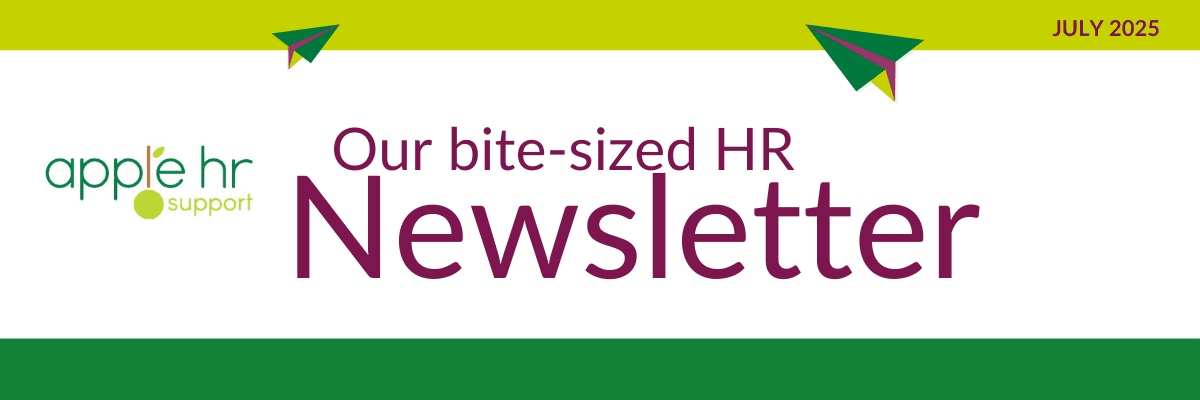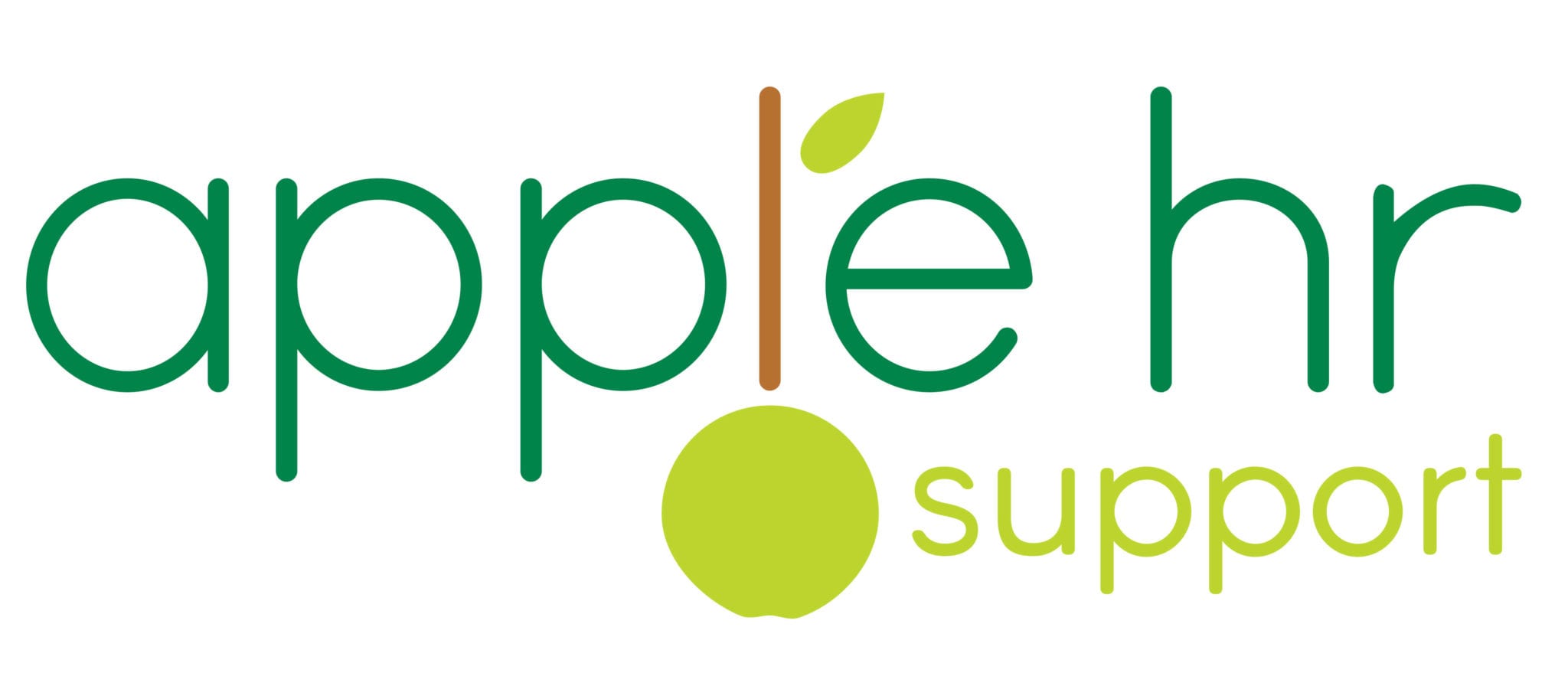
Is HR admin stealing your TIME?
Let’s be honest, managing people is hard enough without drowning in paperwork too.
We’ve been helping several business owners move away from the spreadsheet-and-email approach recently, and the relief on their faces says it all.
That’s why we’ve put together a guide on finding HR software that actually makes your life easier.
Here’s some feedback on HR software that we recently received from a client:
“I absolutely love it! It has made my life so much easier. I can approve holiday requests whilst on the move at the click of a button.”
“We’ve seen a marked reduction in sickness absence levels since introducing Breathe. The visible Bradford Factor score on employee profiles is so easy to review at a glance.”
The best part is that you don’t need to revolutionise everything at once.
Most of our clients start with their biggest headache, usually holiday tracking or document storage, and expand from there.
Fancy a copy of our guide or a quick chat about which system might work for your business? Get in touch.
The burnout your team isn’t telling you about
Did you see that new research showing a quarter of UK employees are experiencing burnout? The concerning part is that most won’t mention it to their manager until they’re already looking for another job.
We’re advising all our clients to introduce regular, brief wellbeing check-ins specifically about capacity and workload.
Even a simple “How’s your workload feeling this week, too much, too little or about right?” can flag issues before they become resignations.
Are your pay scales getting squeezed by minimum wage increases?
Here’s an interesting trend we’re seeing. With the recent Living Wage jump, many businesses now have experienced staff earning only marginally more than new starters.
Now’s a good time to review your entire reward structure, not just for compliance, but to make sure you’re still recognising the value your experienced team members bring.
Let us know if you’d like a fresh pair of eyes on your approach.
When does flexible working become “always working”?
The CIPD just released really practical guidance to avoiding the “always on” culture that’s creeping into businesses with flexible work arrangements.
We’ve seen this with several clients: team members feeling obligated to respond to messages at all hours, leading to poorer work and eventual burnout.
The solution is surprisingly simple: clear communication about when responses are expected and managers visibly respecting offline time themselves.
Everyone’s feeling the pinch
Have you noticed how the cost of living squeeze is still affecting your team? We’re hearing about it from almost every business owner we work with.
It’s a tricky one, isn’t it?
Your people are worried about rising bills, while you’re probably feeling the pressure on your margins too.
Not exactly the recipe for peak productivity.
The good news is that there are some clever ways to help your team without breaking the bank:
- Could you shift hours slightly to help staff to avoid peak-time travel costs? Hardly revolutionary, but it could reduce absences.
- Rather than spending a fortune on office snacks you could switch to a monthly voucher that helps with the food shop instead.
- A lunch session with the local credit union, may help employees to find hardship support they didn’t know they were eligible for.
None of these approaches cost much, but they all send the same message: “We understand things are tough and we care.”
That builds the kind of loyalty money can’t buy.
What’s one small change you could make this month that would make life a bit easier for your team?
We’re happy to brainstorm some ideas with you that would work for your specific situation.
Q&A
How do we handle it if someone comes to work smelling strongly of alcohol, but insists they’re fine?
This is trickier than it sounds, isn’t it? Have a private word somewhere discreet, focusing on safety rather than accusations: “I’ve noticed the smell of alcohol and I’m concerned about your wellbeing.”
If they’re in a safety-critical role, they need to step away immediately. Remember to arrange safe transport home if needed. Often support works better than going straight to disciplinary action, but your substance misuse policy should guide next steps.
Do we have to give pay rises every year?
There’s no law that says you must, but it’s worth asking yourself what happens if you don’t. With inflation still running high, standing still means your team is effectively taking a pay cut.
Being transparent about your situation goes a long way. Could you offer other benefits if cash increases aren’t possible? Sometimes flexibility or extra holiday can be just as valued as modest pay rises.
Can we ask a candidate why they left their last job?
Absolutely, and you probably should! Just ask it conversationally and listen carefully to their response.
Do they speak professionally about past employers? Take any responsibility? How they talk about previous challenges often predicts how they’ll handle difficulties in your business. Just make sure you’re asking everyone the same core questions.

